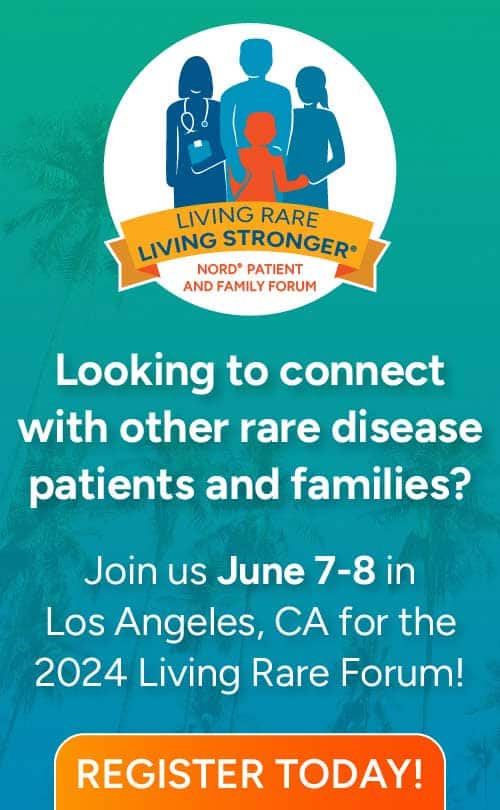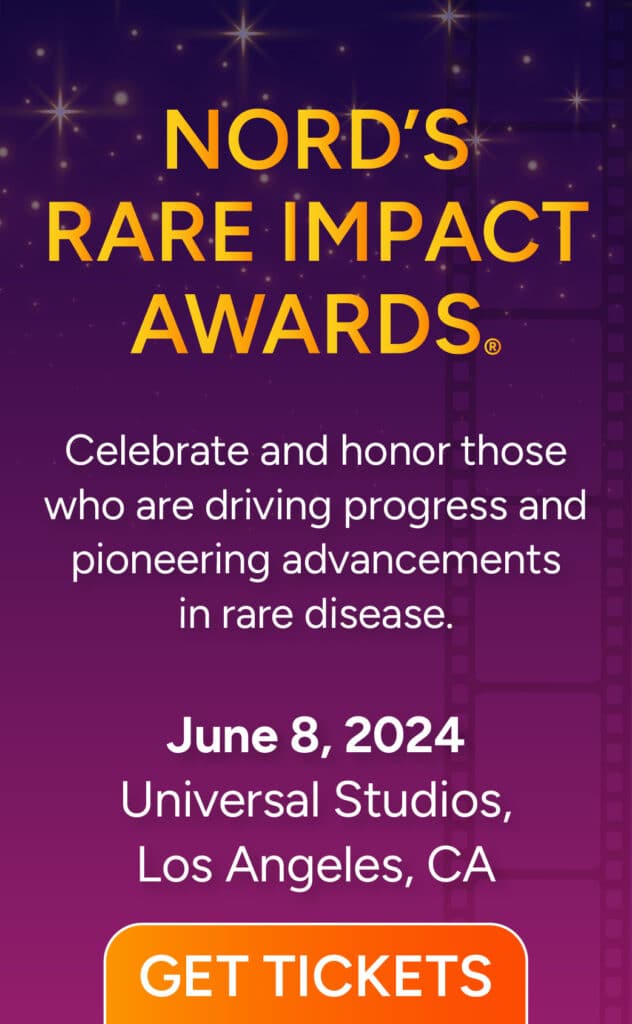June 10th was an emotional – but very educational – day for everyone who attended the Food and Drug Administration’s public meeting on Patient-Focused Drug Development for Inborn Errors of Metabolism.
I was there as part of a team from NORD who had provided travel scholarships to make it possible for patients and caregivers to participate. NORD staff also hosted a training workshop and dinner the day before the public meeting.
The meeting is one of 20 being hosted by FDA through its Patient-Focused Drug Development activities mandated by the FDA Safety and Innovation Act of 2012. Each of these meetings focuses on a particular group of diseases. This one dealt with the diseases known as “inborn errors of metabolism” – rare genetic disorders in which the body cannot properly turn food into energy.
Approximately 25 patients and caregivers attended the meeting, and others were able to participate by webcast. For several of those who participated in person, it was their first visit to FDA, to meet FDA staff and to see the campus where so many important decisions are made.
The pre-hearing workshop that NORD hosted provided an opportunity for the patients and caregivers to meet each other and compare their shared concerns, while also learning about how FDA works and how potential new therapies are developed and reviewed.
On the morning of the meeting, early risers ate a quick breakfast and then were shuttled off to the FDA campus. Not sure what to expect, they were greeted with a stark and practical building, then escorted through security and on to “Building 31”.
The meeting kicked off with welcome introductions and a review of the background and purpose for the meeting. There were two patient panels, each of which was followed by group discussion.
The patient/caregiver comments painted a vivid picture of the daily struggles of those living with serious rare diseases, including several for which there is currently no treatment. “Our children are drowning in the middle of the ocean,” one father said in making a plea for clinical trials. “We are not asking for the Queen Mary to come and rescue them. We are just asking for a life raft.”
Many issues were brought to light by the parents and caregivers in the room. However, the most common was the need for more “manageable” days. The neurologic manifestations associated with inborn errors of metabolism make it difficult for patients and parents who are just trying to get through the day. For some, this means remembering to take 30 pills a day to manage their condition, while for others without treatment, the challenges may include managing the needs of a child with the loss of motor function due to neurologic impairment.
These patient-focused meetings are just one aspect of FDA’s evolution and increasing desire to hear directly from patients and caregivers. We at NORD see this as an important step forward, and we are grateful to the FDA staff – and, even more, to the patients and caregivers who took the time and made the effort to participate.
It was an amazing day.



